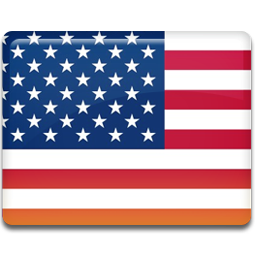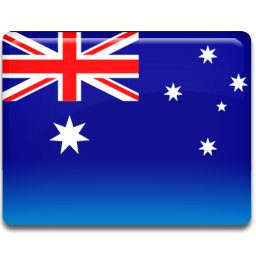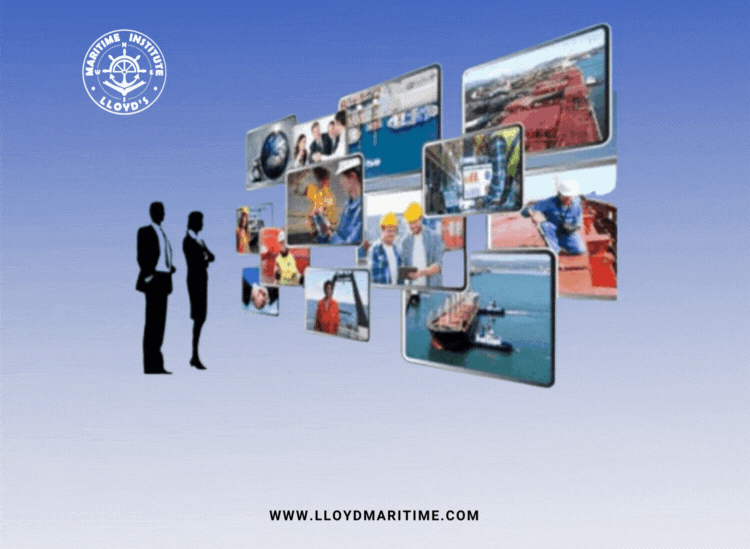Lead Auditor ISO 9001
- Course Program
- Who Should Attend
- Compliance with regulations
- Duration and Teaching Methods
- Course Benefits
- RPL
- Course Content
- Certification
Introduction
ISO 9001:2015 is a quality management standard developed by the International Organization for Standardization (ISO). The ISO 9001:2015 standard is generic and can be used for any organization, whether it provides physical products or services. The requirements must be carefully interpreted to make sense within a particular organization. Developing automotive products is not like producing food products or offering consulting services; yet the ISO 9001:2015 standard, because it is business and management oriented can be applied to any activity. It is the most widely used quality management standard in the world.
Objectives
- All management systems must be audited on a regular basis to assess their effectiveness in achieving acceptable standards and to identify points for improvement.
- With principal objective to Gain the confidence to effectively audit a quality management system (QMS) in accordance with internationally recognized best practice techniques.
- Demonstrate your commitment to quality by transforming existing auditor skills to ISO 9001:2015.
- Consolidate your expertise with the latest developments and contribute to the continuous improvement of the business.
- Practicing cargo agents;
- Freight forwarders;
- Cargo Claim officers;
- Shipping officers;
- Shipping Industry starters;
- Cargo consolidators.
- Those who wish to understand ISO 9001 and its application
- Those starting their career in quality management
Mr. Fisher OFAI: Senior Standard and Conformance-
Maritime Safety Authority of Fiji.
I am very satisfied with the course; it suits my expectations and
will surely contribute a lot to my Professional growth.”
Mr. Haniff Muhammad: Safety Officer, Singapore.
“My tutor was
very helpful and got back to me quickly. He offered good advice and great
support. If I had any questions she had no trouble answering them efficiently,
giving me the information and advice I needed. I learned a lot from the course
and would definitely recommend the course to anyone wanting to gain some
experience and knowledge in events and wedding planning.”
Mr. Davis DONALD: Port Security Specialist -U.S. Coast
Guard.
This course was
well organized & the tutor was very helpful and knowledgeable on
the subject.
Course Content
- General Requirements of ISO 9001:2015
- Management Responsibility
- Audit steps
- Audit programme
- Accreditation & Certification
- Auditor’s Performance
- Audit tips and techniques
- QMS Auditing
- Understand every requirement of this international standard
- Understand the process approach to managing an organization
- Master the auditing techniques per ISO 19011, which are used for quality, environmental, and safety management system audits
- Learn how to prepare and lead an audit
- Identify the key requirements and benefits of ISO 9001:2015
- Interpret ISO 9001:2015 requirements for audit application
- Plan, conduct and follow-up auditing activities that add real value
- Grasp the application of risk-based thinking, leadership and process management
- Access the latest auditor techniques and identify appropriate use
- Build stakeholder confidence by managing processes in line with the latest requirements
RPL & Skills Recognition
Sometimes an experience is more valuable than a qualification. Thanks to Recognition of Prior Learning or, RPL, now your previous skills, experience and working knowledge can lessen the time it takes you to complete a course and get you working towards your career goals faster. It can be difficult to find the time and effort to fit an entire course into our lives, especially for those already working and juggling other commitments. Despite the convenience of online courses, there can still be an issue with time. This is where Recognition of Prior Learning (RPL) comes into play, where your previous skills, experience or qualifications can shorten the time it takes to undergo a course and allow you to become eligible for qualifications you may not otherwise be able to do. For instance, you can use RPL to claim some but not all credits on a level of the course (for example, to avoid completing a module that covers the knowledge you already have).Sources of RPL
RPL can come from previous study, employment, voluntary work and training courses, including courses and qualifications you didn't complete. RPL is also known as prior learning assessment (PLA) and prior learning assessment and recognition (PLAR).Types of RPL
There are 3 types of RPL you can put towards a qualification:1. Credit transfer
2. Prior certificated learning
3. Prior experiential learning
You can put more than one of these types of RPL towards a qualification.
1. Credit transfer
Credit transfer is when you put credits from a previous higher education qualification towards a new qualification. We can accept credits from qualifications you've completed in the last 10 years.Higher education qualifications include Professional Certificates, Professional Diplomas, Foundation and Bachelor's degrees, HNC and HNDs, and Master's degrees issued after the successful achievement of either web-based distance learning programs or traditional classroom education.
If you started but didn't complete a higher education course or you have a higher education qualification or credits from an educational institution, you may be able to use prior certified learning (see below) instead of credit transfer.
2. Prior certificated learning
Prior certificated learning is a higher level learning that didn't result in a higher education qualification or credits.This can include professional development and employment-based awards, qualifications awarded by professional bodies, non-university higher education, unaccredited institutions of higher education, and university courses you didn't complete.
3. Prior experiential learning
Prior experiential learning relates to knowledge and skills you've gained through previous marine industry experience. For example, through employment or voluntary work.Applying for RPL
The way you apply for RPL depends on the type of RPL you want to put towards your qualification.Before you apply for RPL, you need to have applied for your course or be registered on it. Details of how to apply will be confirmed by the course's RPL advisor.
Applying for credit transfer RPL
To transfer credits from a previous higher education level qualification towards a new qualification, complete this form (.doc) and send it to usma@usmacademy.com.Applying for prior certificated learning and prior experiential learning RPL
To convert prior certificated learning and prior experiential learning into credits you can put towards a qualification, you'll need to put together a portfolio of evidence with your application.To do this, complete this form (.doc) and send it with your portfolio of evidence to usma@usmacademy.com. We'll put you in touch with your course's RPL advisor. Defence forces training and experience:
Some defence forces training and experience have standard RPL credit ratings and won't need a portfolio of evidence.
Getting a decision
You'll get a decision on your application for RPL within 3 working days of submitting your form.If you don't agree with the decision, you can appeal it by emailing usma@usmacademy.com.
How much does RPL cost?
Applying for RPL is free for all of our courses.
Copyright © LLOYD'S MARITIME INSTITUTE LLC. All rights reserved.





















